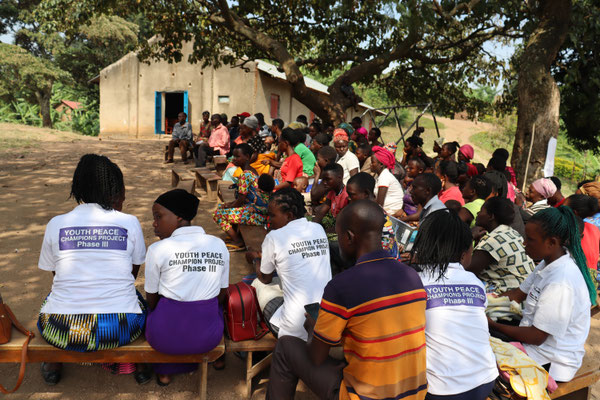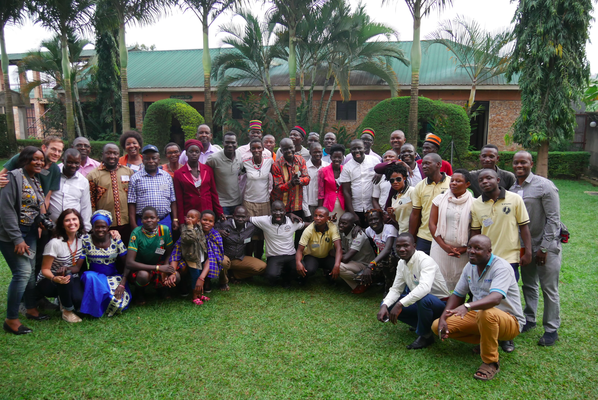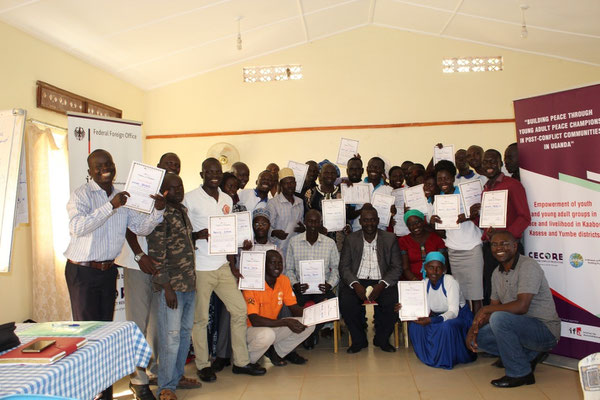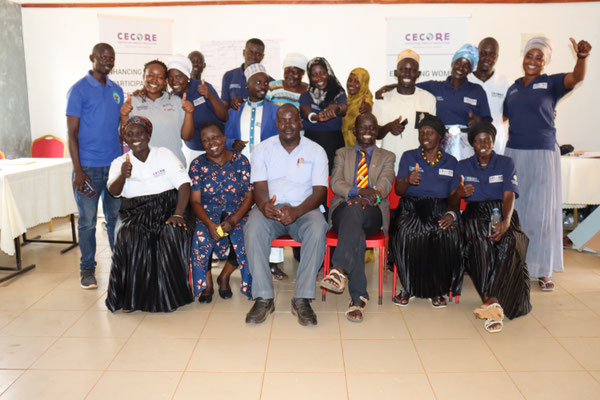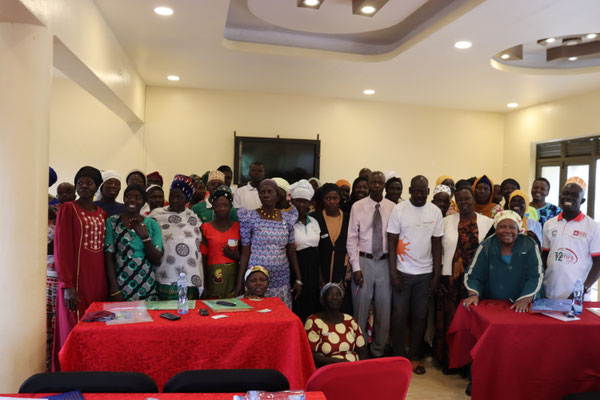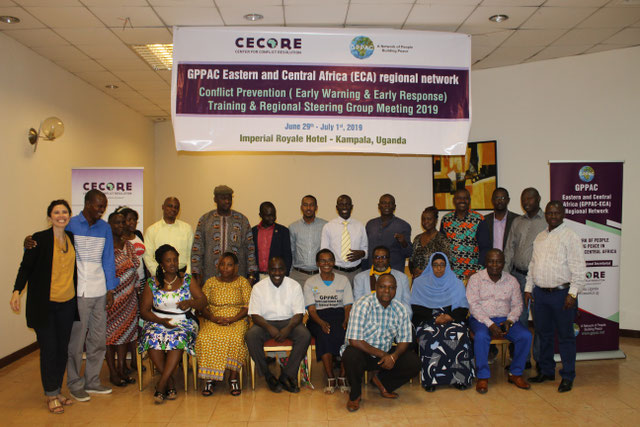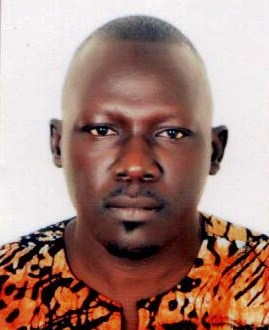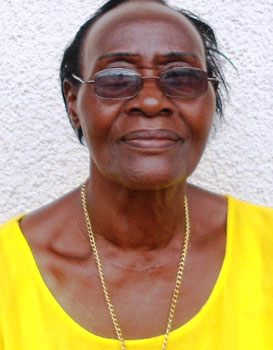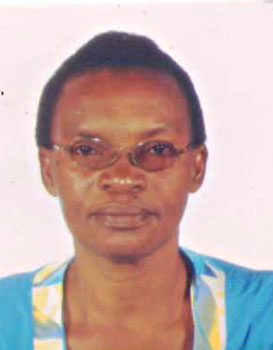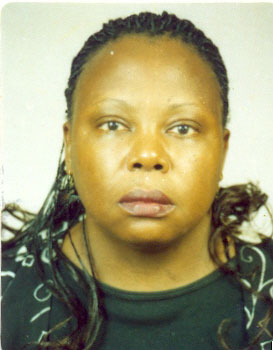Preventing violence. Building lasting peace.
Empowering Communities
We combine local knowledge, research and policy advocacy to create inclusive, sustainable peace solutions.
From peace education in schools to regional policy engagement, our work connects grassroots action to national and regional change.
PROMOTING A CULTURE OF PEACE
CECORE (Center for Conflict Resolution) is a Ugandan non-profit organization established in 1995. We work with communities, civil society, government partners, and regional networks to prevent, manage, and transform conflict through practical, locally owned approaches. Our work spans peace education, advocacy (including small arms control), dialogue and mediation, research, and capacity building across Uganda and in the Great Lakes and Horn of Africa regions.
We combine grassroots engagement with policy advocacy and regional coordination serving as the Regional Secretariat for GPPAC Eastern & Central Africa so that local solutions inform national and regional policy. Our projects target youth, women, and communities affected by violence, applying conflict-sensitive methods in areas such as land governance, climate-related tensions, and post-conflict recovery. CECORE is committed to strengthening local capacities for sustainable peace, human security, and inclusive governance.
Who we are
CECORE (Center for Conflict Resolution) is a non-profit, Ugandan NGO founded in 1995 and registered with the NGO Registration Bureau. We are dedicated to empowering individuals, communities, institutions, and networks to transform conflict peacefully and sustainably across Uganda, the Great Lakes, and the Horn of Africa.
What we do
-
Peace education & youth engagement: Equipping children and youth with conflict-transformation skills to prevent violence and build peaceful futures.
-
Advocacy & policy: Influencing national and regional policies – including small arms control and conflict-sensitive governance to reduce violence and improve community safety.
-
Dialogue & mediation: Facilitating conversations that resolve disputes and foster reconciliation at community and inter-community levels.
-
Research & knowledge building: Producing evidence and resources that inform practice and policy; hosting a resource centre for practitioners, scholars, and policymakers.
-
Climate & conflict interventions: Implementing pilot projects that address the link between climate stressors and local conflict dynamics.
Climate & Conflict
Advocacy & Policy Influence
Small Arms & Light Weapons (SALW) Control
Women, Youth & Peacebuilding
GPPAC – Eastern & Central Africa
Regional role & partnerships
CECORE serves as the Regional Secretariat for GPPAC Eastern & Central Africa and collaborates with international partners, funders, and local networks to scale local peacebuilding practice and influence policy.
We work with police units, community leaders, teachers, media professionals, and regional peace networks to maximize impact.
Values
Local ownership and participation
Inclusivity (youth & women centered)
Conflict sensitivity and non-violence
Evidence-based practice and accountability
Partnership and coordination
Meet Our Team
Dr.Ephriam Kamuhangire
Ms. Helen Keller Alyek
Emmanuel Matua
Fr. Ecogu Robert
Ms. Cissy Kinawa Ayebi
Ms. Angelica Kashunju
Ms. Rose Othieno
Ms. Stella Sabiiti
Now, it’s your turn.
You’ve seen the impact. You’ve heard the stories. Now, it’s your turn to take action. Whether it’s giving your time, sharing your voice, or making a donation, you have the power to create real change.
General FAQ’s
CECORE (Center for Conflict Resolution) is a Ugandan non-profit organisation founded in 1995 that promotes peaceful conflict transformation across Uganda, the Great Lakes region, and the Horn of Africa.
Our mission is to empower communities especially women, youth, and other vulnerable groups to prevent and resolve conflict through non-violent, locally-led approaches. Our vision is peaceful, resilient communities where conflict is managed constructively.
CECORE works primarily in Uganda with programming in the West Nile, Karamoja, Rwenzori and other regions, and carries out regional activities across the Great Lakes and Horn of Africa.
We are funded through grants from international agencies, governments, trusts, and through consultancy services and partner collaborations.
We welcome partnerships with NGOs, government bodies, donors, academic institutions and local groups. Email proposals or partnership enquiries to our contact address with a brief concept note and CVs of key team members.
Yes. We accept donations and in-kind support. Please contact our office for bank details and guidance on how best to support specific programmes.
We implement projects in peace education, women’s participation in peace processes, youth peace champions, small arms awareness, climate-conflict resilience, and community dialogue. Projects combine training, advocacy, research and community mobilisation.
Project duration varies by funding and scope some are short-term (3–12 months) rapid response initiatives; others are multi-year programmes focused on systems change.
CECORE is governed by a Board of Directors supported by technical sub-committees of researchers, trainers and legal experts.
We use activity monitoring, baseline and endline surveys, participatory evaluation with communities, and regular reporting to donors to assess outcomes and learning.
